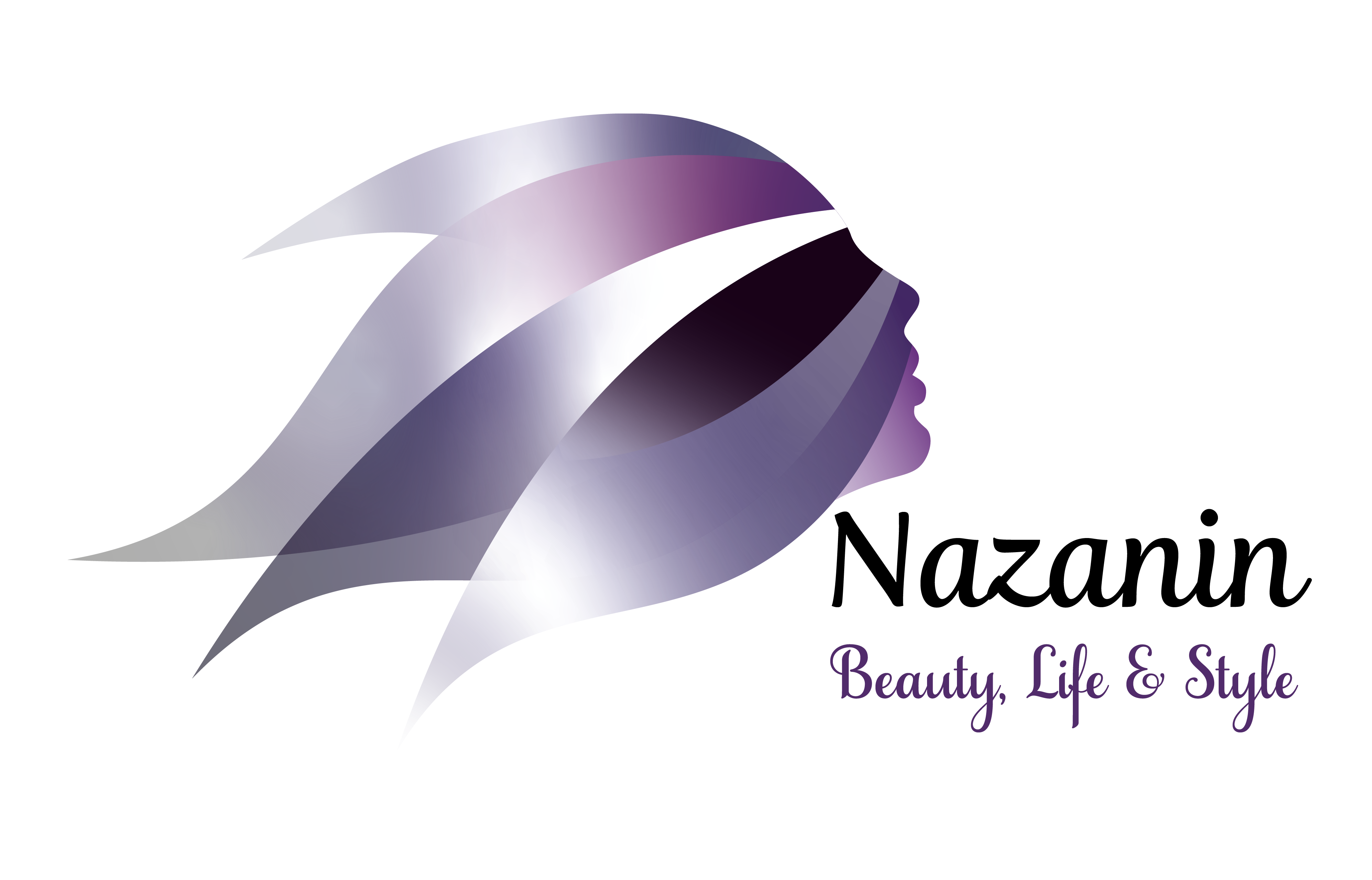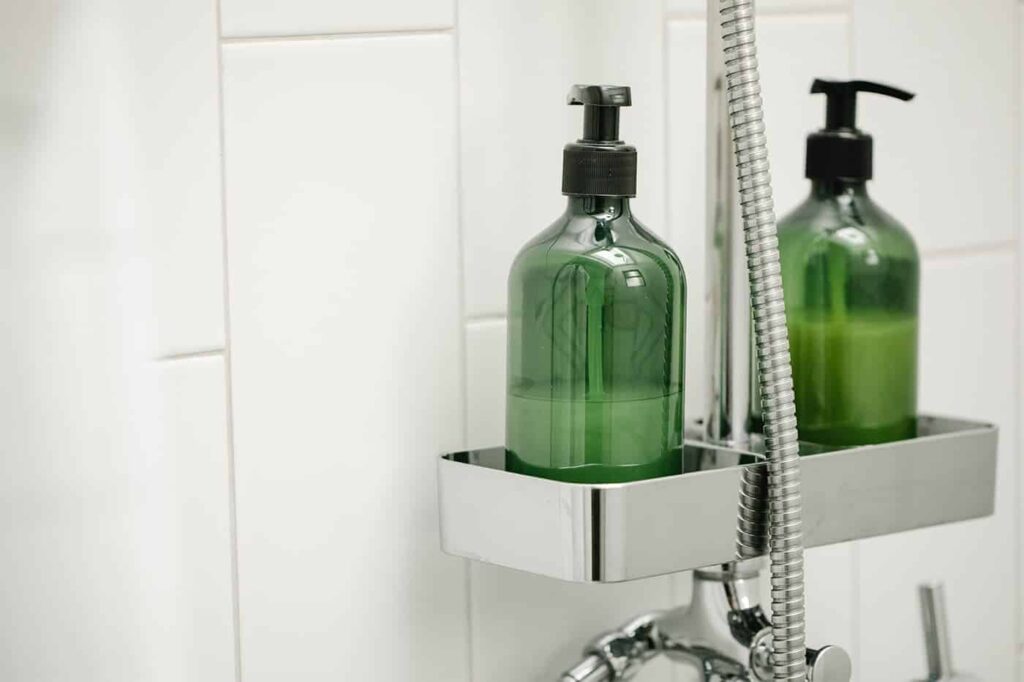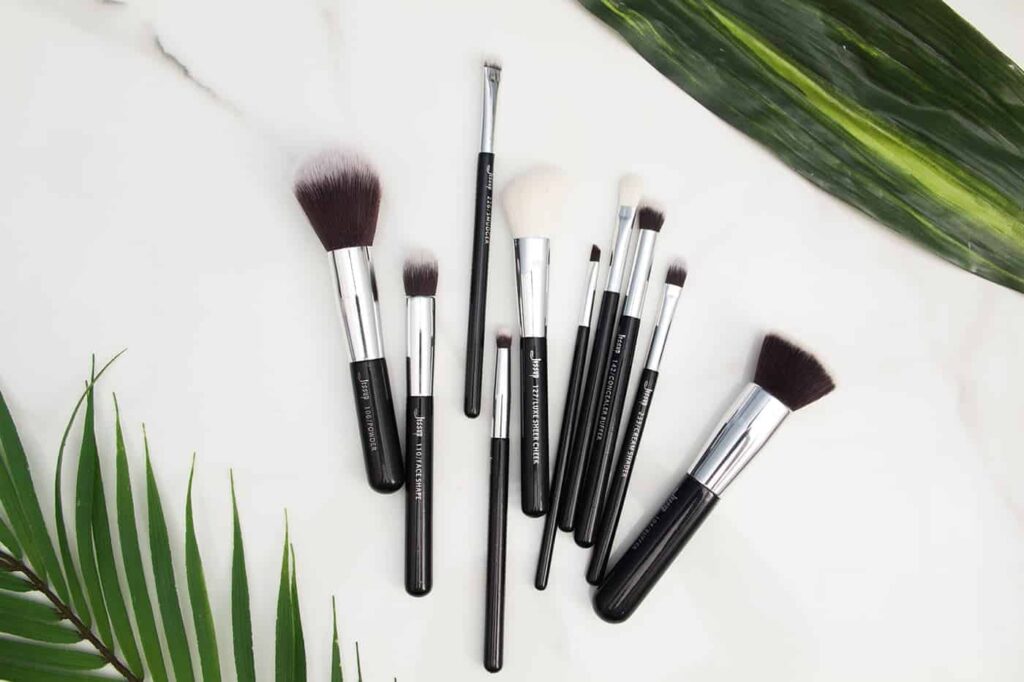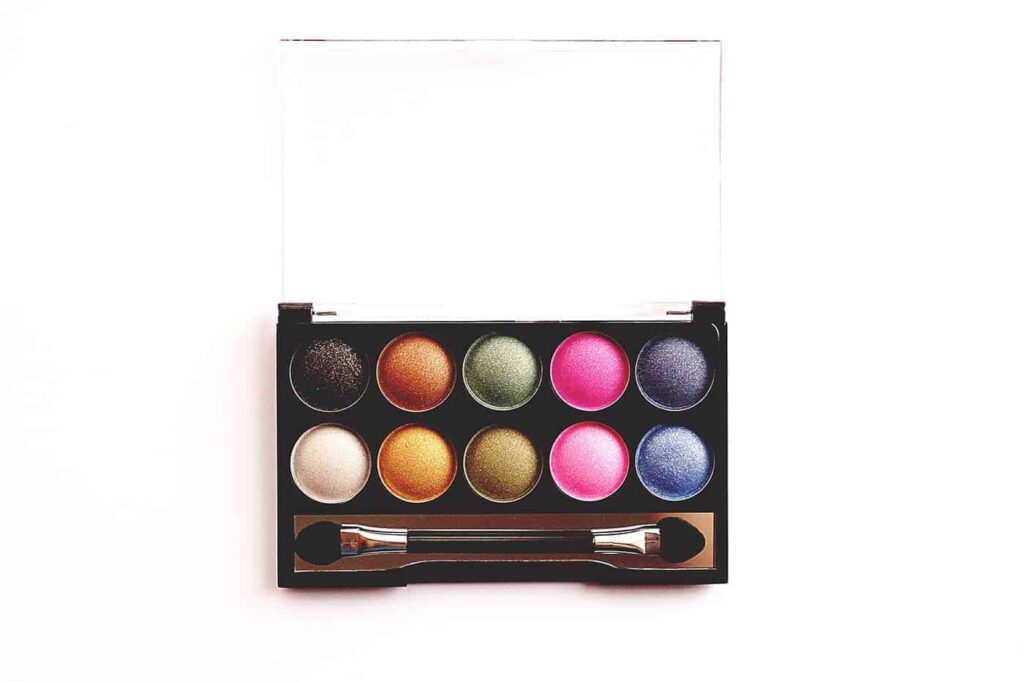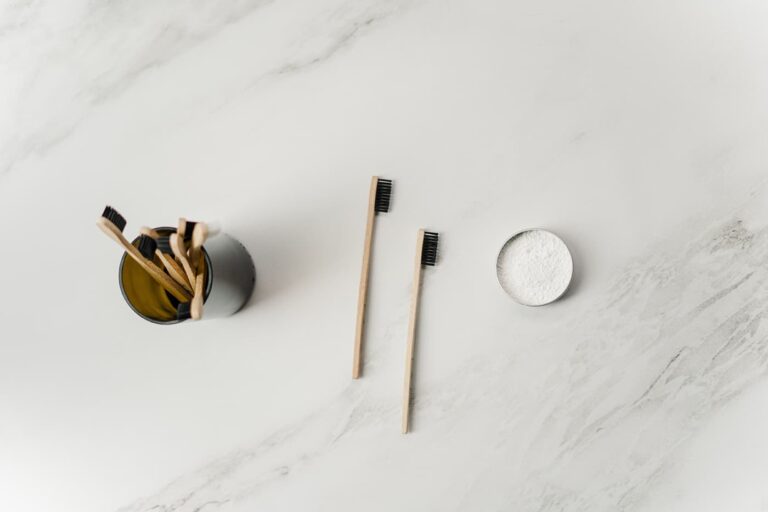Why Should I clean my face with cleanser daily?
It is generally recommended to use a skin cleanser daily as part of a healthy skincare routine. Cleansing helps to remove dirt, oil, and other impurities that can accumulate on the skin throughout the day, which can help to prevent breakouts and other skin problems. Cleansing is an essential step in any skincare routine. However, with so many different types of cleansers available, it can be challenging to choose the right one for your skin type and concerns.
It is generally recommended to use a skin cleanser daily as part of a healthy skincare routine. Cleansing helps to remove dirt, oil, and other impurities that can accumulate on the skin throughout the day, which can help to prevent breakouts and other skin problems. Cleansing is an essential step in any skincare routine. However, with so many different types of cleansers available, it can be challenging to choose the right one for your skin type and concerns. If you have dry or sensitive skin, you may want to choose a gentle, hydrating cleanser and use it once a day, preferably at night before bed. If you have oily skin, you may want to use a cleanser twice a day, in the morning and at night, to help control excess oil production. In this article, we will explore the different types of cleansers and their benefits.
1. Foaming Cleansers: Foaming cleansers are a popular choice for oily or acne-prone skin types. They create a lather that helps to remove excess oil and impurities from the skin. Foaming cleansers can be harsh on the skin, so it’s important to choose one that is gentle and doesn’t contain ingredients that can strip the skin of its natural oils.
2. Cream Cleansers: Cream cleansers are ideal for dry or sensitive skin types. They are gentle and moisturizing, leaving the skin feeling soft and hydrated. Cream cleansers are also great for removing makeup, as they are usually oil-based and can dissolve even waterproof products.
3. Gel Cleansers: Gel cleansers are suitable for all skin types, but they are particularly beneficial for oily or combination skin types. They have a gel-like consistency that helps to remove excess oil and impurities from the skin without stripping it of its natural oils. Gel cleansers also tend to be lightweight and easy to rinse off, making them an ideal choice for those who prefer a quick and easy cleansing routine.
4. Oil Cleansers: Oil cleansers are a great option for all skin types, especially those with dry or sensitive skin. They work by dissolving makeup, dirt, and oil on the skin’s surface, leaving it clean and soft. Oil cleansers are also beneficial for removing excess sebum from the skin, making them a great choice for those with oily or acne-prone skin.
5. Micellar Water: Micellar water is a gentle and effective cleanser that is suitable for all skin types, including sensitive skin. It contains tiny micelles that work like magnets to attract and remove dirt, oil, and makeup from the skin without drying it out. Micellar water is also a great option for those who prefer a no-rinse cleansing routine, as it doesn’t require water to be effective.
6. Powder Cleansers: Powder cleansers are a relatively new type of cleanser that has gained popularity in recent years. They come in a powder form that is activated with water to create a foaming lather. Powder cleansers are gentle and effective, making them suitable for all skin types. They also tend to be travel-friendly, as they come in a dry form that is easy to pack.
Choosing the right cleanser for your skin type and concerns can make a significant difference in the overall health and appearance of your skin. Whether you prefer foaming, cream, gel, oil, micellar water, or powder cleanser, there is a type of cleanser that will suit your needs. Consider your skin type, concerns, and preferences when choosing a cleanser, and always follow up with toning, treating, moisturizing, and protecting steps for a complete skincare routine.
Is that necessary to use toner after cleanser?
Using a toner after cleansing is not necessary for everyone, but it can be beneficial for some people. Toners can help to remove any remaining traces of dirt, oil, and makeup after cleansing, which can leave the skin feeling clean and refreshed. Additionally, some toners contain ingredients that can help to balance the skin’s pH level, which can help to reduce the risk of irritation and other skin problems.
Toners can also help to prep the skin for the application of other skincare products, such as serums and moisturizers. By removing any remaining impurities and balancing the skin’s pH, toners can help other products to absorb more effectively and deliver better results. However, not everyone needs to use a toner. If you have very dry or sensitive skin, a toner may be too harsh and could cause irritation or dryness. In this case, you may want to skip the toner and move straight to applying your moisturizer.
Ultimately, whether or not to use a toner after cleansing will depend on your individual skin type and concerns. If you’re not sure whether a toner is right for you, it’s always a good idea to consult with a dermatologist or skincare professional. There are several different types of toners available, each with its own unique set of benefits. Here are some of the most common types:
1. Astringent toners: Astringent toners are designed to help remove excess oil and dirt from the skin. They typically contain ingredients like witch hazel, salicylic acid, or alcohol that can help to tighten pores and reduce inflammation. Astringent toners are often recommended for people with oily or acne-prone skin.
2. Hydrating toners: Hydrating toners are formulated to add moisture back into the skin. They typically contain humectant ingredients like hyaluronic acid or glycerin that can help to attract and hold onto water. Hydrating toners are often recommended for people with dry or dehydrated skin.
3. Exfoliating toners: Exfoliating toners contain ingredients like alpha-hydroxy acids (AHAs) or beta-hydroxy acids (BHAs) that can help to remove dead skin cells and unclog pores. Exfoliating toners are often recommended for people with acne-prone or dull-looking skin.
4. pH-balancing toners: pH-balancing toners are designed to help balance the skin’s natural pH level. They typically contain ingredients like apple cider vinegar or lactic acid that can help to restore the skin’s acid mantle. pH-balancing toners can be used on all skin types, but are especially beneficial for people with sensitive skin.
5. Calming toners: Calming toners are formulated to help soothe and calm irritated or inflamed skin. They often contain ingredients like chamomile, Aloe Vera, or green tea extract that can help to reduce redness and inflammation. Calming toners are often recommended for people with sensitive or acne-prone skin.
Overall, the key to finding the right toner is to choose one that is suitable for your skin type and concerns. If you’re unsure which type of toner to choose, it’s always a good idea to consult with a skincare professional or to do s research online to find a product that is well-suited to your individual needs.
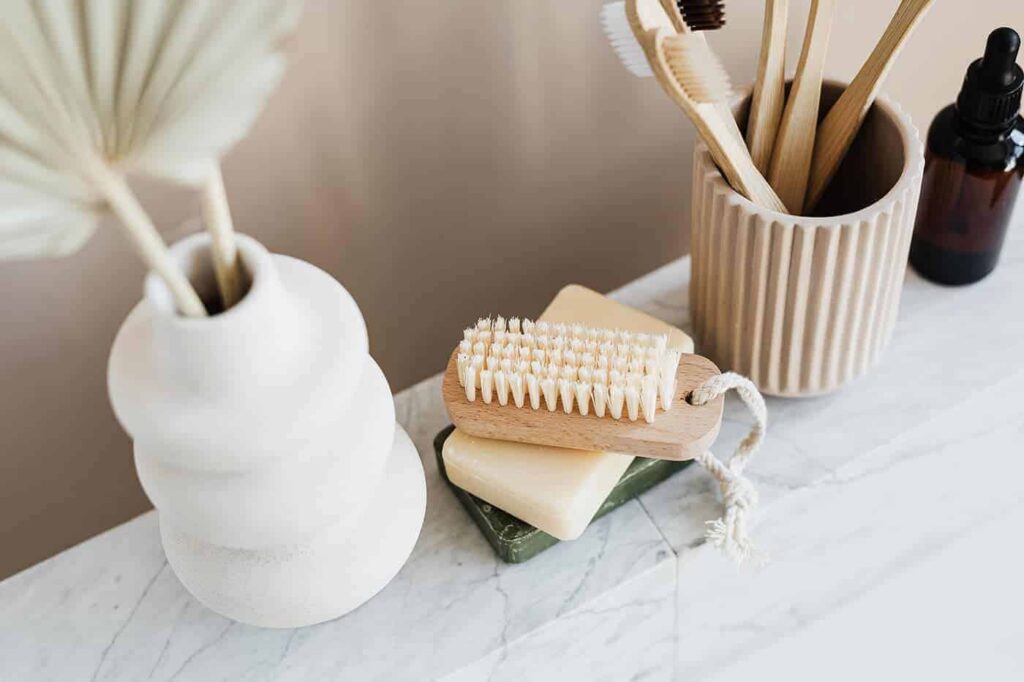
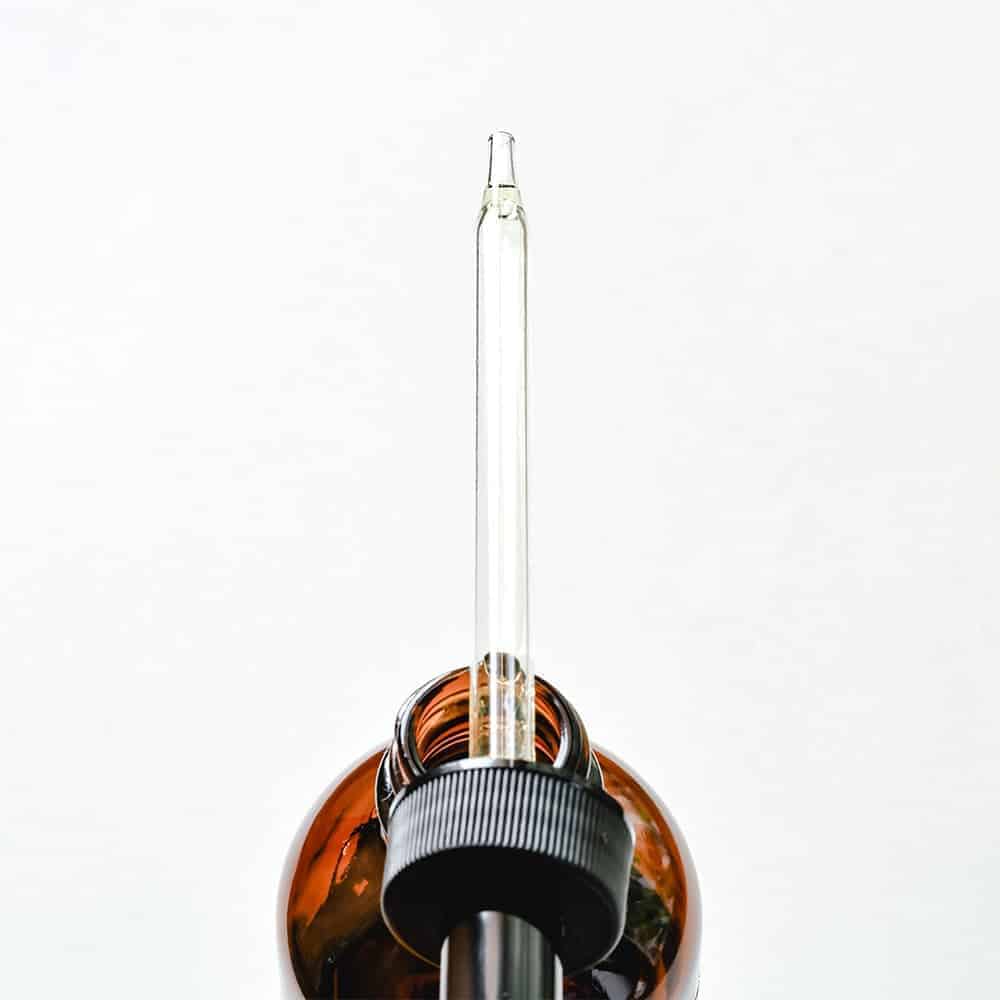
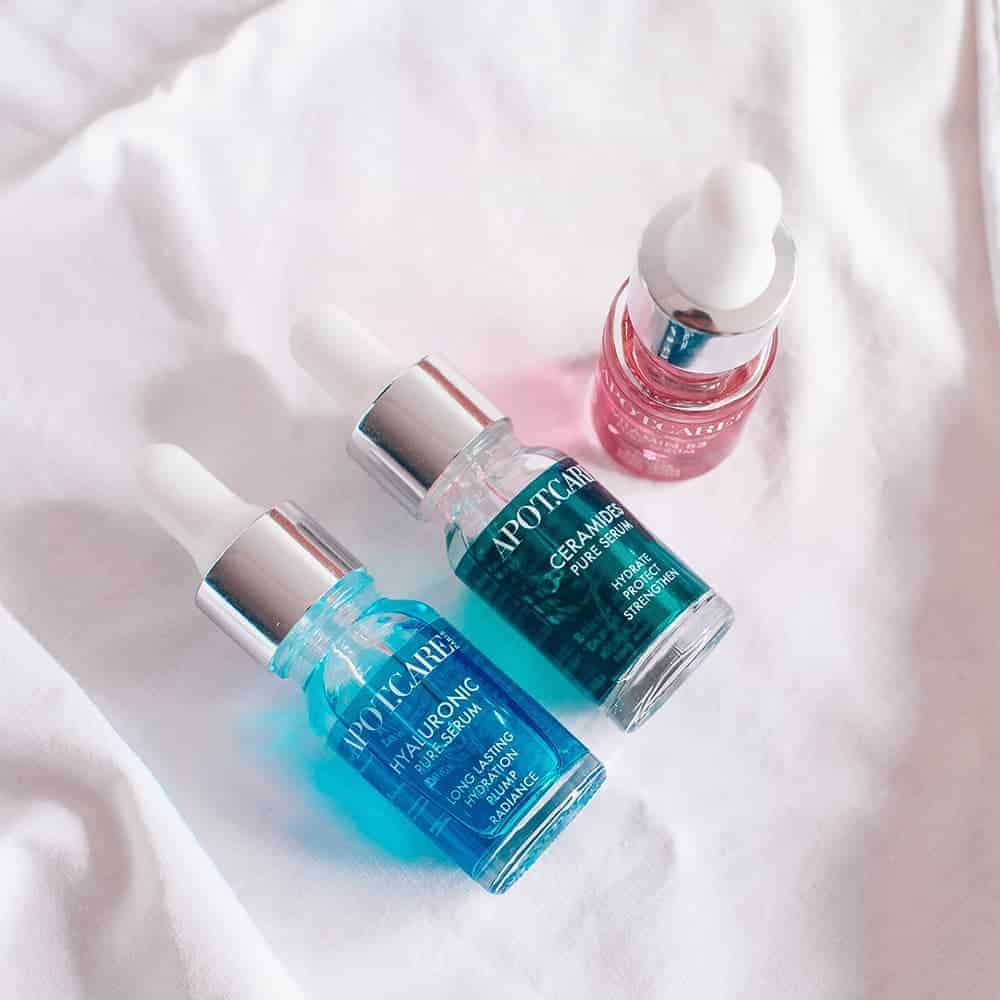
Viverra aliquet eget sit amet. At ultrices mi tempus imperdiet nulla. Arcu dui vivamus arcu felis bibendum ut. Arcu cursus euismod quis viverra nibh. Cursus vitae congue mauris rhoncus. Faucibus ornare suspendisse sed nisi lacus sed viverra.
John Doe
Key Takeaways
- Remain Top of Mind
- Be Seen to Sell
- Learn Something New
